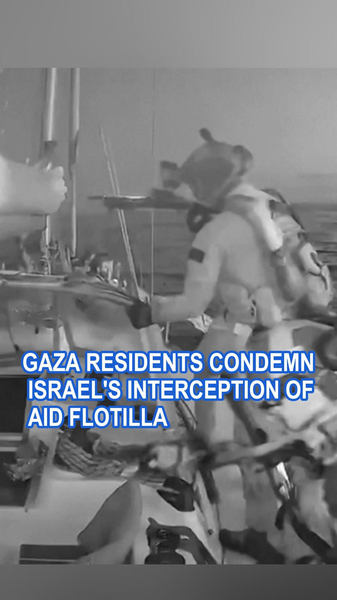In a dramatic operation on Wednesday evening, the Israeli Navy intercepted a flotilla of 42 boats en route to Gaza, sparking outrage among residents and international activists.
The fleetcomprised of cargo vessels carrying food, medicine and other essentials, alongside dozens of activist-led boats from across the globewas intercepted in international waters. Hundreds of crew members and volunteers were detained, according to eyewitness accounts and activist groups coordinating the mission.
"This interception isnt just a blockadeits a cover-up," said a Gaza resident, speaking via satellite phone. "We hoped these ships would break the siege and show the world the reality of life here."
Why It Matters
- Humanitarian impact: Gaza has faced an ongoing blockade for years, limiting access to critical resources. Recent UN data shows shortages of essentials have increased by 20% in the past year.
- Global solidarity: Activists from over 30 countries joined the flotilla, highlighting growing international pressure for open aid corridors.
- Political stakes: The interception raises questions about maritime law and the rights of civilians to deliver humanitarian aid in conflict zones.
For residents in Gaza, the cost is immediate: hospitals operating at over 150% capacity need medical supplies, families face power outages for up to 12 hours a day, and schools struggle without basic equipment.
Looking Ahead
Despite the setback, organizers say they will regroup and explore alternative routes, including land convoys and air drops. International bodies and non-governmental organizations are calling for the immediate release of detainees and unobstructed aid access.
This episode underscores the resilience of Gaza residents and the lasting power of international solidarity in times of crisis.
Reference(s):
Gaza residents condemn Israel's interception of aid flotilla
cgtn.com




